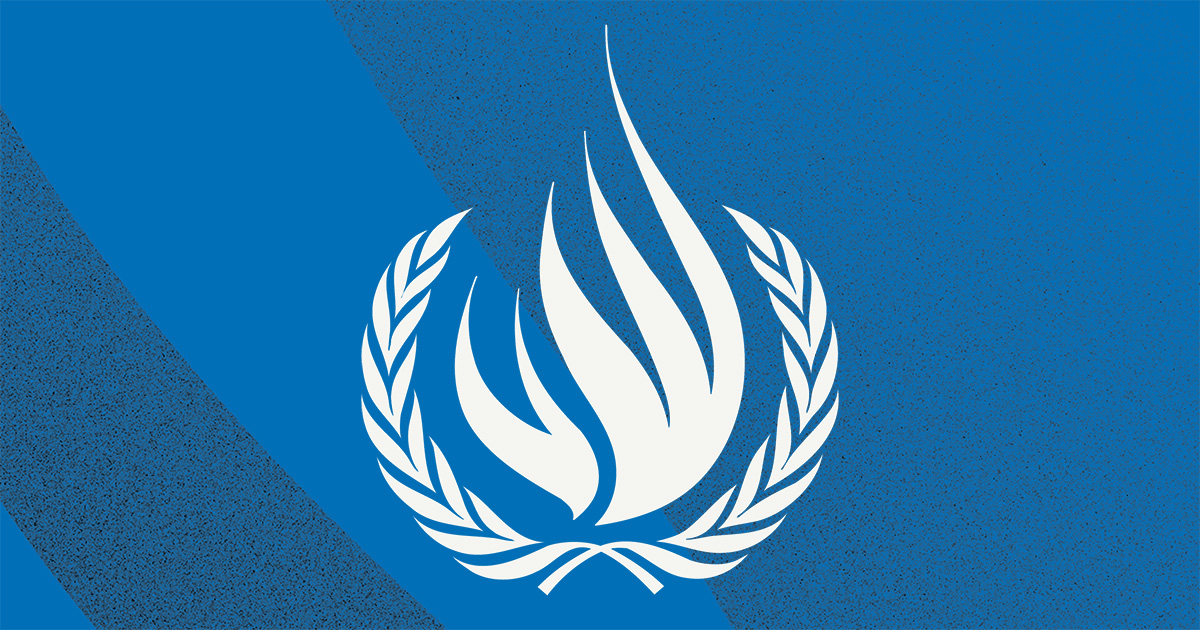
There is a visible escalation in Russia’s relations with Ukraine, part of a bigger struggle over Ukraine’s drifting toward the Euro-Atlantic bloc. The escalation has its roots on the night of Nov. 21, 2013, when Ukrainian President Victor Yanukovych, at Russia’s behest, suspended the signing of an association agreement with the EU. Many in Ukraine identify themselves as Russian, while being Ukrainian citizens.
Yanukovych’s decision pushed pro-Western Ukrainians to demonstrate in Euromaidan, a central square in the capital, Kyiv, and further instability ensued. The agreement was later signed by the new prime minister, Arseniy Yatseniuk, in March 2014.
This prompted Russia to take bolder steps. The first was to immediately annex Crimea. In 1954, Crimea had been transferred from Russia to Ukraine ostensibly “to commemorate the 300th anniversary of the reunification of Ukraine with Russia.” No reasonable explanation has been given for why Russian territory would be transferred to Ukraine for such an unconvincing reason. The real reason was probably Nikita Khrushchev’s effort to consolidate his position as the First Secretary of the Communist Party of the Soviet Union with the support of Ukrainians’ votes, because he owed his ascendance in the Soviet hierarchy to his successful political career in Ukraine.
At the time of the transfer, 75 percent of Crimea’s population was Russian, because Tatars — the indigenous people of the peninsula — had been deported by Stalin to Central Asia in 1944, and Russians were encouraged to move to Crimea.
Russia’s punishment of Ukraine did not stop there. It extended strong support to Russian-speaking Ukrainians in the two eastern provinces of Luhansk and Donetsk. Russia-backed separatists started to organize protests that pushed ahead the russification of these two provinces, where the Russian influence is too big to ignore. It calls to mind the words of the Mexican leader Porfirio Diaz, who famously remarked that Mexico’s curse was to be “so far from God, so close to the United States.”
Despite Putin’s caution, the 20-point communique issued after the Erdogan-Zelensky talks contains points that may irritate Russia, because it mentions “Russia’s annexation of Crimea” four times.
Yaşar Yakış
Amid this rising tension, Ukrainian President Volodymyr Zelensky last week visited Turkey. The day before the visit, Russian President Vladimir Putin called Recep Tayyip Erdogan and, among other issues, emphasized two important subjects. One was the Montreux Convention. The Russian Foreign Ministry said Russia “expects Turkey is aware of the Convention’s importance.”
The second was Turkey’s interest in the Russian-Ukrainian conflict in Donbas. Putin must have chosen the time for the phone call, immediately before Zelensky’s visit to Turkey, so that Ankara should not adopt an over-zealous pro-Ukraine attitude on the Donbas and Crimean questions. Despite Putin’s caution, the 20-point communique issued after the Erdogan-Zelensky talks contains points that may irritate Russia, because it mentions “Russia’s annexation of Crimea” four times.
After the Erdogan-Zelensky meeting, Russia suspended passengers flights to Turkey until June 1, on the ground that COVID-19 cases were rising in Turkey. In fact, cases had dramatically increased in the past few weeks, but the Russian authorities’ choice of date contains a strong message. Turkey’s loss of income from tourism because of this decision is estimated to be about $1.5 billion.
To make things more complicated, Washington decided to send two naval vessels to the Black Sea and Russia reciprocated by moving 15 vessels from the Caspian Sea flotilla to the Black Sea, which means warming up the waters off the Ukrainian coast. If the tension escalates further, Turkey may be squeezed between a rock and a hard place. It has more than one reason to support Ukraine.
Firstly, Turkey is siding with most of the international community, which views Russia’s annexation of Crimea as a breach of the international law.
Second, Turkey cooperates with Ukraine in the field of defense industries, while many of its NATO allies refuse to sell components of certain sophisticated defense equipment for its drones. Thanks to this refusal, Turkey develops its own profitable defense industry by cooperating with countries like Ukraine, which has a relatively advanced defense industry.
Third, Turkey tries to maintain good relations with both Russia and the Euro-Atlantic community. This needs a lot of skill and diplomacy.
Whether Turkey will be able to strike a balance in this conflict without hurting Russia’s sensitivities remains to be seen.
• Yasar Yakis is a former foreign minister of Turkey and founding member of the ruling AK Party. Twitter: @yakis_yasar
Disclaimer: Views expressed by writers in this section are their own and do not necessarily reflect Arab News" point-of-view












